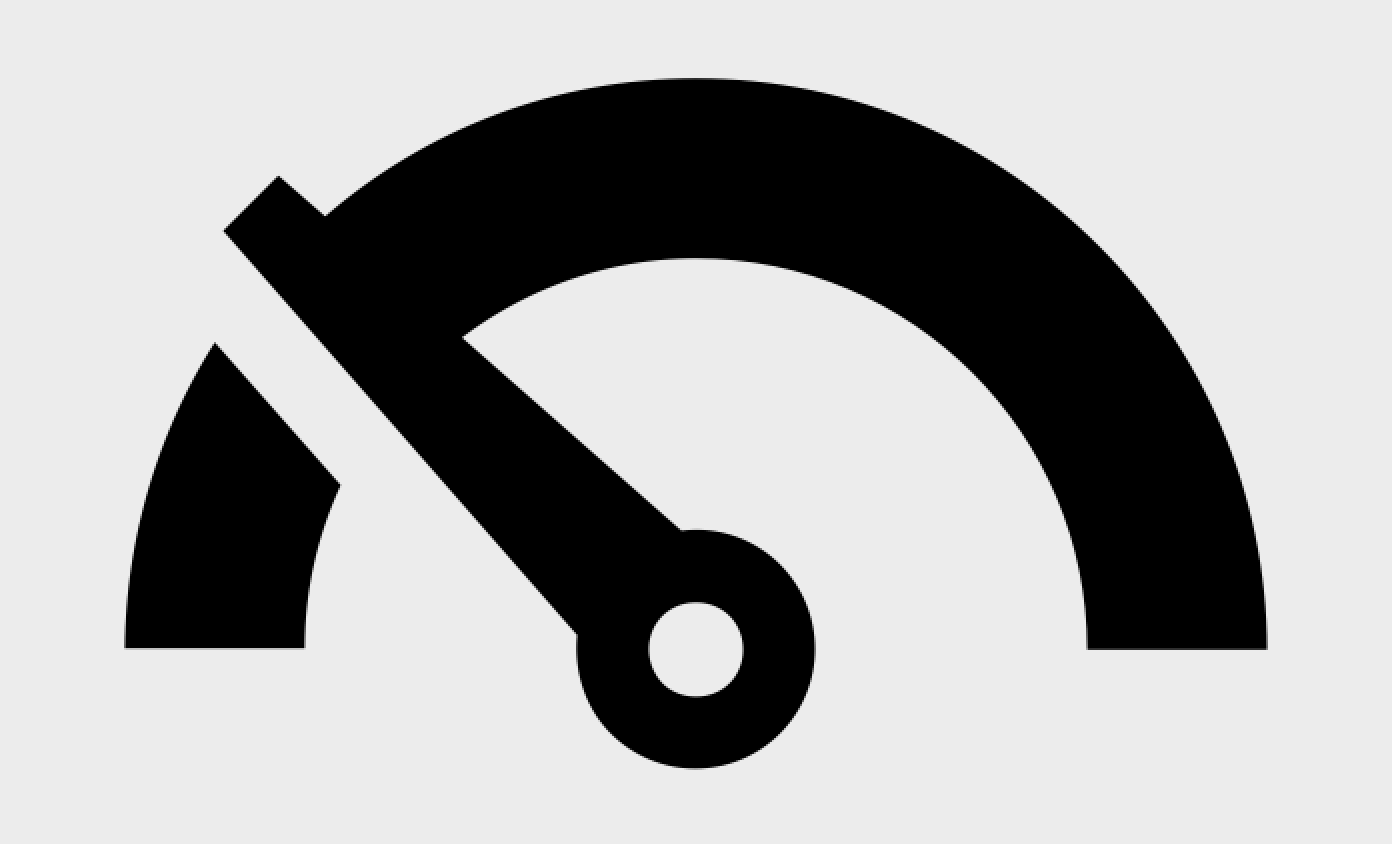COVID-19 vaccine on dark markets, a threat to public health

On Monday, Nov 9 2020, Pfizer and Biontech announced a vaccine that was more than 90% effective in preventing COVID-19 in participants. Stock markets celebrated. Eventually we will be vaccinated. But between now and eventually there’s logistics. The battleground is multi-scale. Every country wants to be first to get a COVID-19 vaccine. Every individual wants it ASAP (although of course many see the benefits of altruistic behaviour). As the MIT Technology Review explained, RNA vaccines are cumbersome to manufacture, hence
Pfizer said it would only have enough supply to vaccinate about 20 million people by the end of 2020. By the end of 2021, the company anticipates, there will be 1.3 billion doses—enough to vaccinate about 650 million people, considering each person gets two doses.
It is easy to imagine how illicit trade can benefit from the situation. Dark web marketplaces seem to be ready have been offering “vaccines” since April, as we detailed in our first report on the on the COVID-19 online shadow economy. What will happen now that, beyond obvious scams, a real vaccine could in principle be bought? Will scams proliferate? This is obviously a big public health problem. We will keep monitoring the situation and posting updates here.
How to cite:
Want to cite and/or use the information provided in this page? It is licensed under CC BY-NC-ND 4.0 - please cite our ongoing monitoring effort as follows:
A. Bracci, M. Nadini, M. Aliapoulios, D. McCoy, I. Gray, A. Teytelboym, A. Gallo, A. Baronchelli. Dark Web Marketplaces and COVID-19: before the vaccine. EPJ Data Science 10.1 (2021): 1-26
Image: slow by Gregor Cresnar from the Noun Project.
Wed Nov 11 2020
#COVID-19
#cryptocurrencies
#listings
Share article
